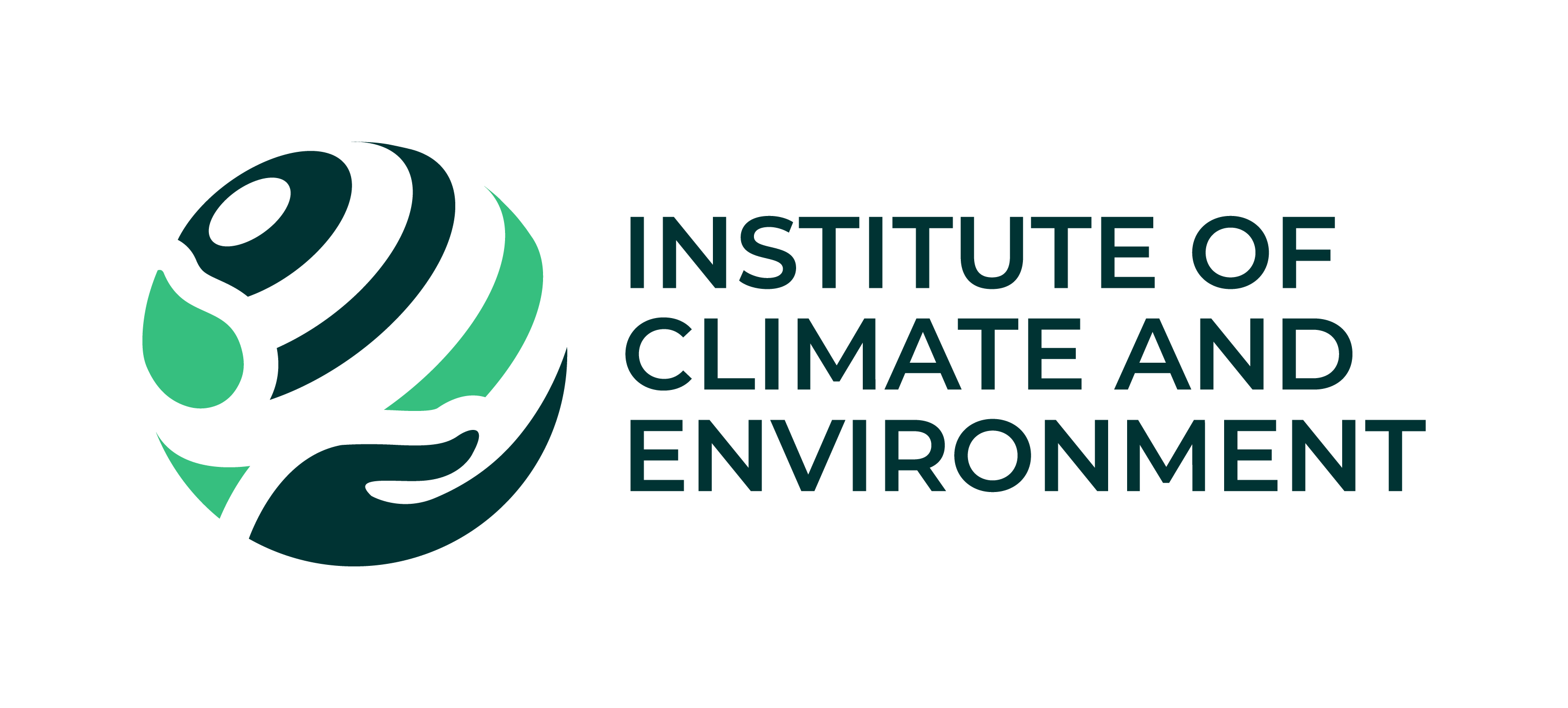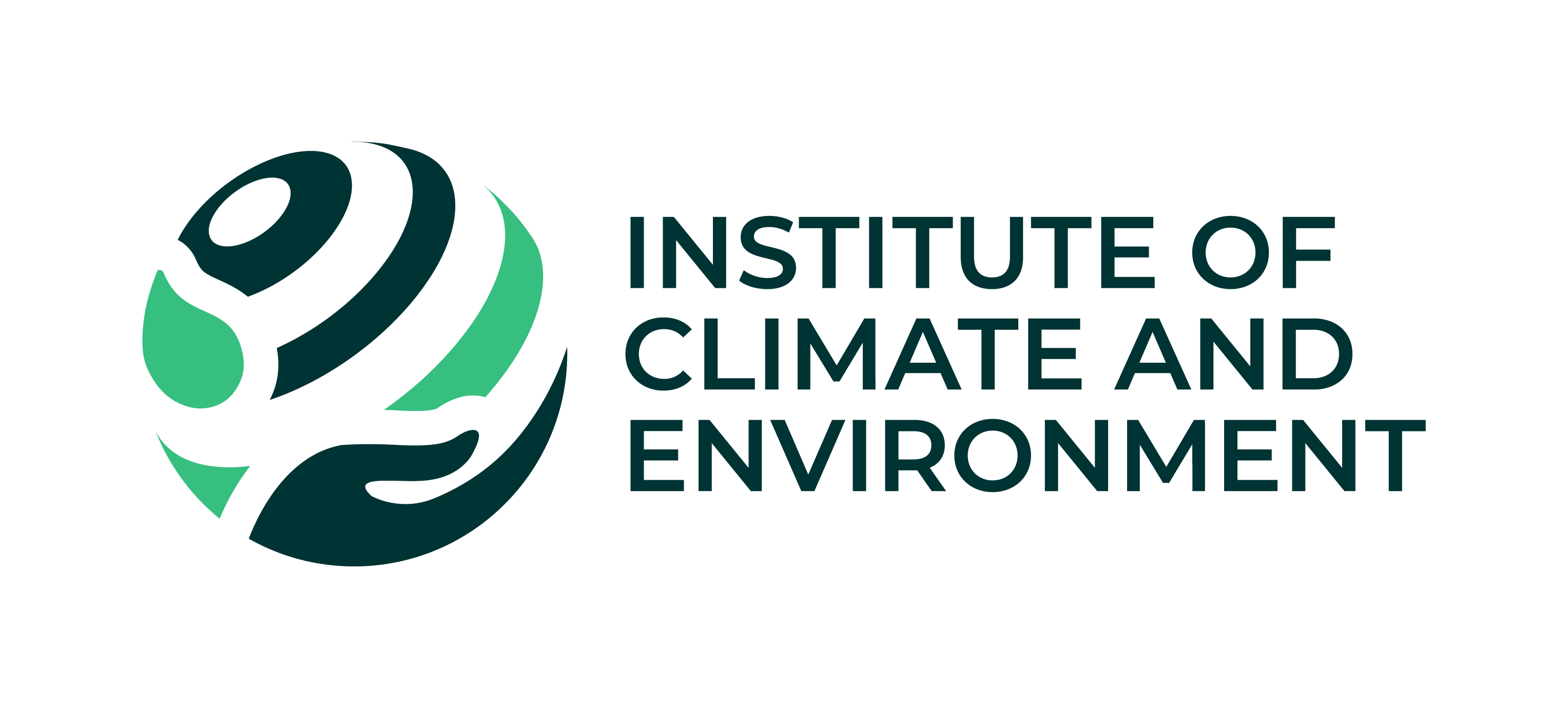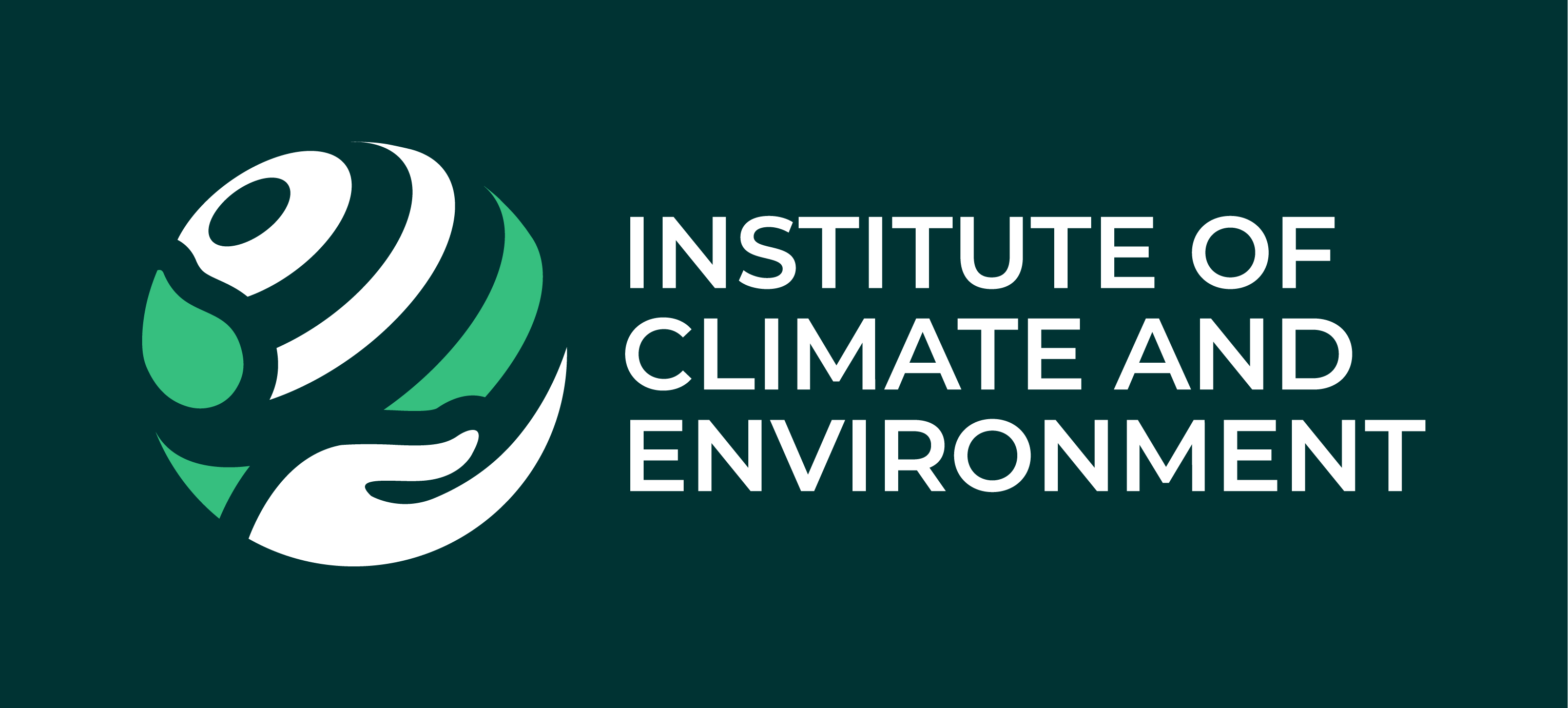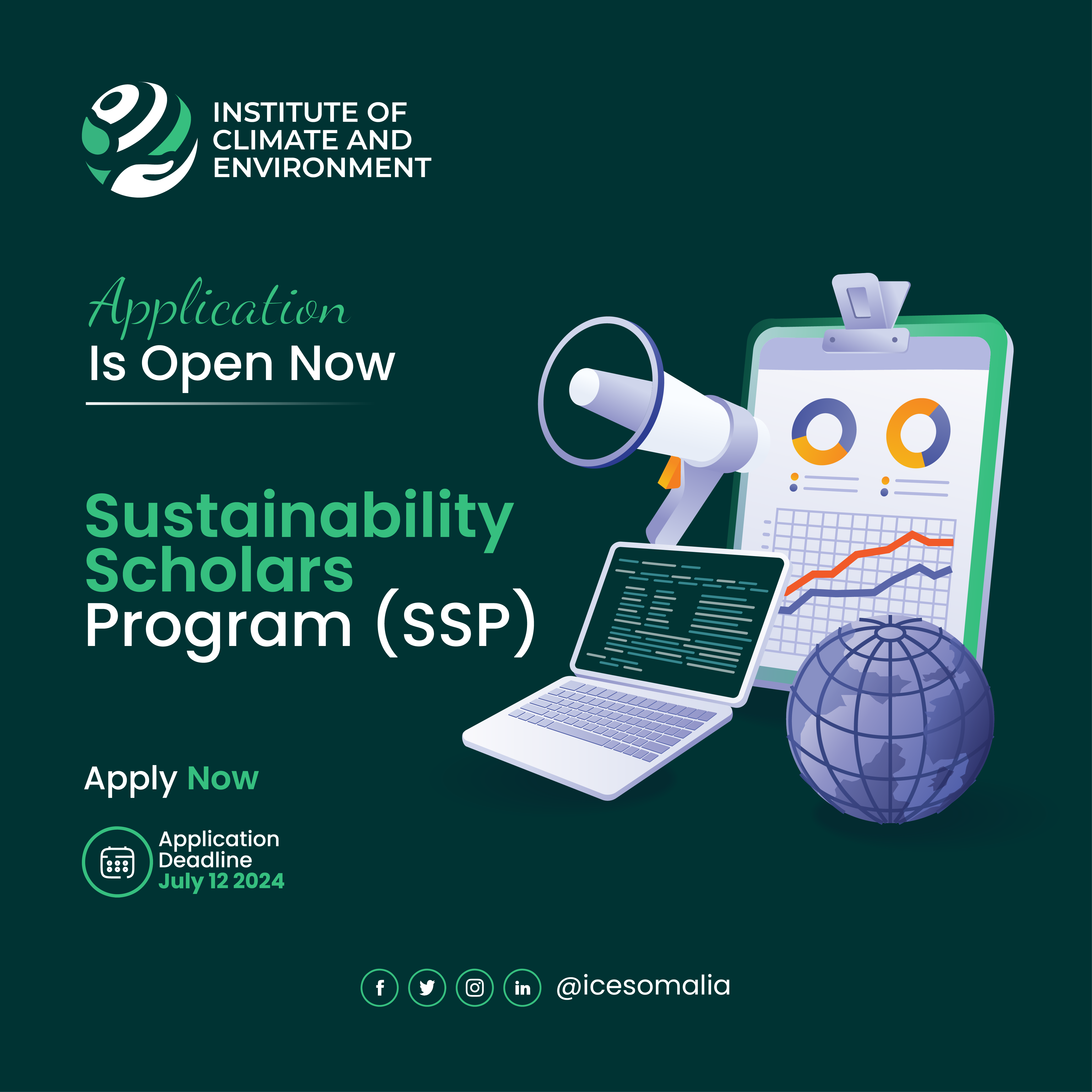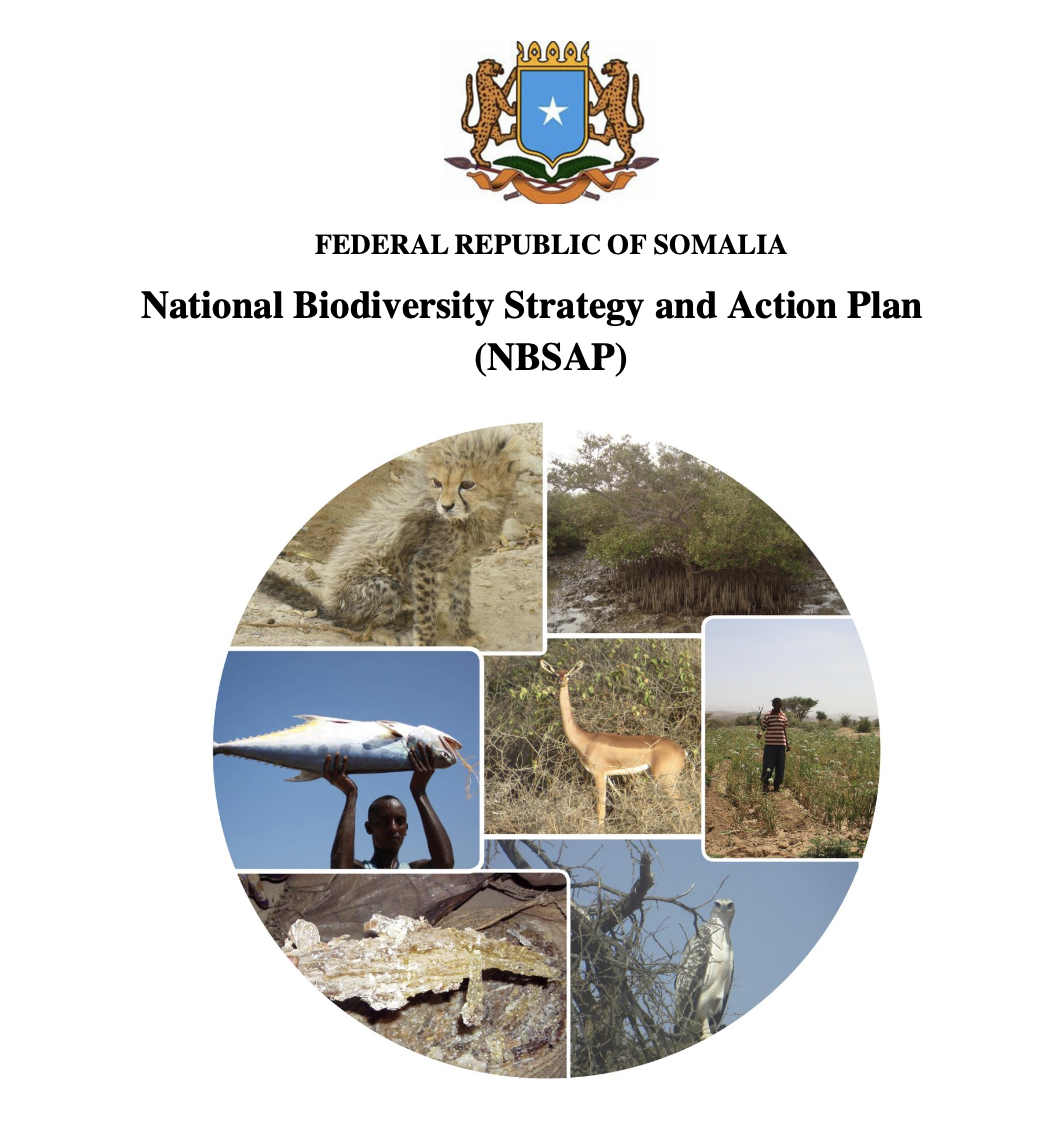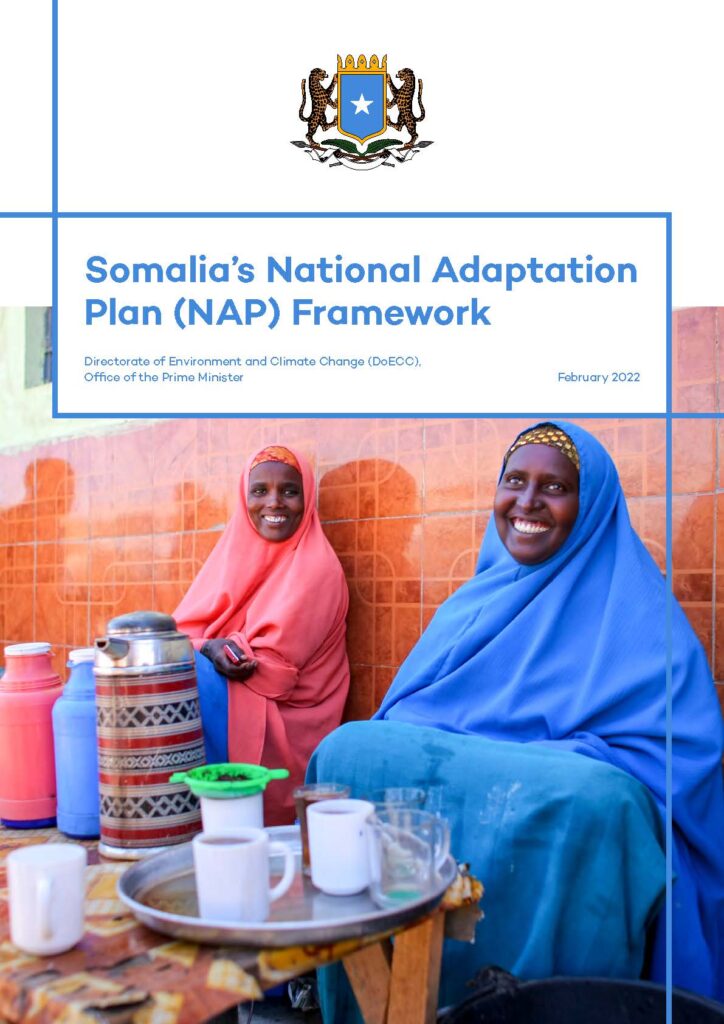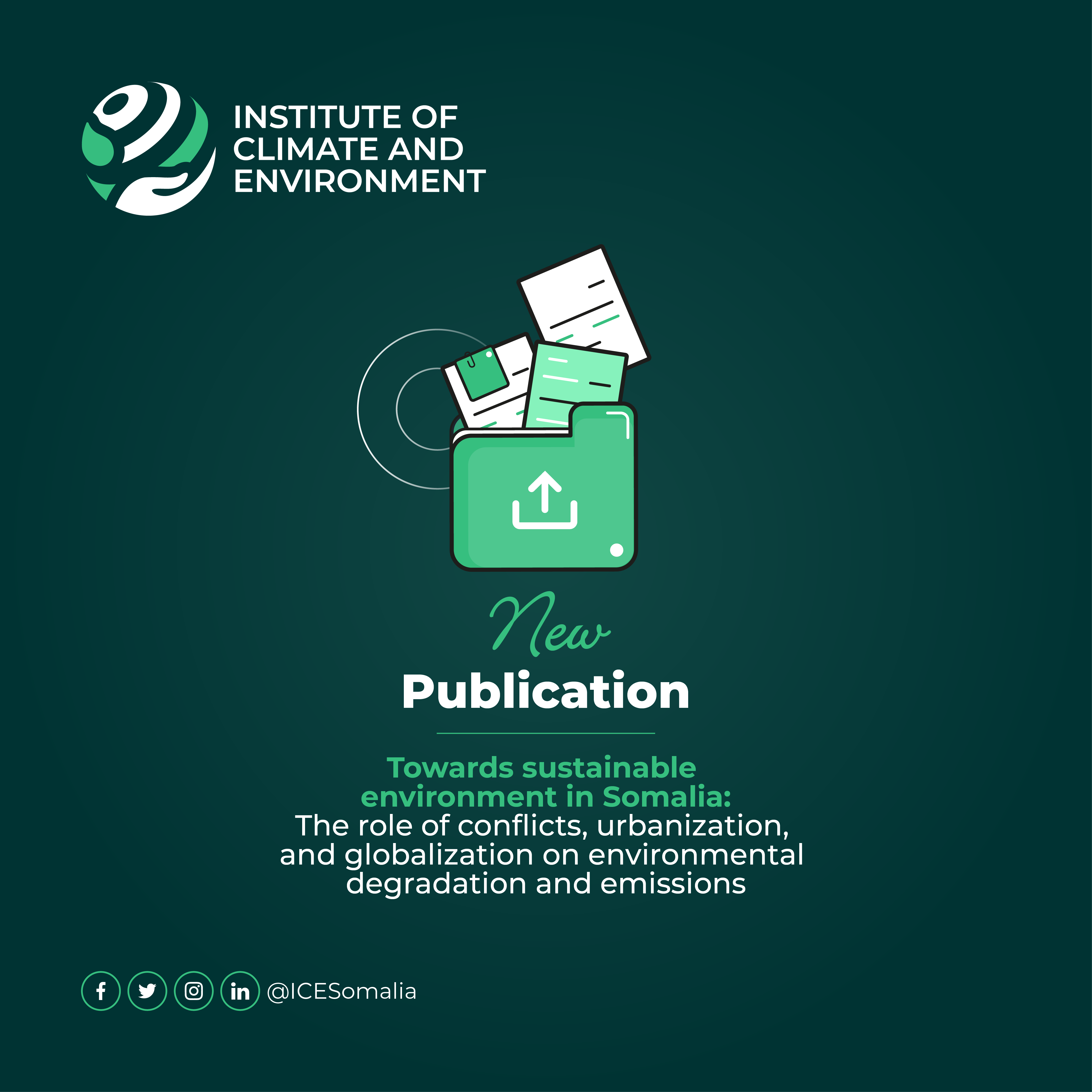Solutions from students: Hack the Plastics Design Challenge
Plastic pollution poses a significant threat to the environment, human health, and the overall well-being of communities. To combat this issue in Mogadishu, ICE Institute organized a one-day Hackathon, “Hack the Plastics,” as part of our commitment to creating a greener, cleaner, and healthier environment in Somalia. The event was held a head of celebratio
Hack the Plastics: A Design Challenge to Beat Plastic Pollution in Mogadishu
Plastic Pollution is choking the people and planet in different ways. The single-use plastic has significant value of usage for humans, but it has life threatening negative effects on the environment, society, economy, and health. According to UNEP, one million plastic bottles are bought globally every minute, and up to five trillion plastic bags are […]
International Biodiversity Day: Facts From Somalia
Biodiversity refers to the whole spectrum of species found throughout the world’s ecosystems, plants, and animals. One of the Horn of Africa’s biodiverse nations with a high concentration of indigenous species is Somalia. The variety and endemism of species in Somalia are well known. There are 1,332 animal species and more than 5,000 plant species, [&helli
Call for Application: Sustainability Scholars Program (SSP)
The Institute of Climate and Environment (ICE) at SIMAD University is delighted to introduce the Sustainability Scholars Program (SSP) , a pioneering initiative to address the critical issues of climate change and environmental degradation in Somalia. The SSP program is a grant-based funding opportunity that seeks to bring together a network of talented researchers, b
National Biodiversity Strategy and Action Plan
Somalia’s inaugural National Biodiversity Strategy and Action Plan (NBSAP) is aimed to establish a strategic framework for the systematic rehabilitation and conservation of the country’s biodiversity. It aims to promote sustainable utilization of biodiversity services and products while ensuring equitable distribution of benefits and responsibilities among
National Adaptation Plan (NAP) Framework
Somalia is facing significant challenges due to climate change and its associated variability. The country is highly vulnerable to the impacts of climate change, such as frequent and severe droughts and floods, which are compounding the existing fragility of the nation. In the absence of effective and well-coordinated response measures, these climate change effects ar
Kyoto Protocol
The Kyoto Protocol is a legally binding agreement under the United Nations Framework Convention on Climate Change (UNFCCC), which aims to reduce greenhouse gas emissions in order to mitigate the effects of climate change. The protocol was adopted in 1997 and went into effect in 2005. Under the protocol, industrialized countries, known as Annex 1 […]
Towards sustainable environment in Somalia: The role of conflicts, urbanization, and globalization on environmental degradation and emissions
In the past decade, mitigating the negative effects of global warming became a concern for policymakers across the world. Industrial activities and the consumption of fossil fuels are considered to be the main source of global environmental pollution. These emissions have contributed to climate change and the deterioration of the atmosphere, which impacted the welfare
